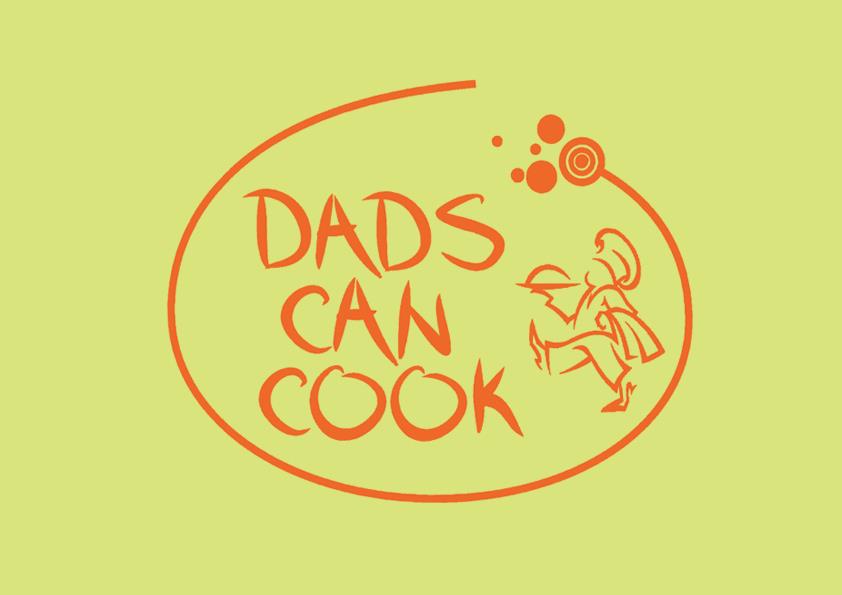Legal Protection of TV Formats: Another Sui-Generis Area of Intellectual Property Law?
- Victor Nzomo |
- July 12, 2013 |
- CIPIT Insights

Imagine this scenario: You are a budding creator and film producer who develops this brilliant TV show which is being aired on one of our local TV channels. At the end of the first season of your hit show, the TV broadcaster discontinues your show. One month later, you discover that the same TV channel or a rival TV station has premiered its own show which is a carbon copy of your own show which they discontinued. What recourse would you have under intellectual property law?
At the CIPIT Seminar #KnowUrIP, Mr. Martin Munyua (@MartinMunyua) the editor and creator of the hit TV show “Dads Can Cook” painted this very same scenario drawn from his real-life experiences. The topic of TV format protection in Kenya may becoming pertinent as locals continue to create programming content at a level that compares favourably both regionally and internationally. Domestically, the growth and expansion of the TV industry has resulted in cut-throat competition among broadcasting houses who increasingly demand for new and original programming content. Many TV viewers in Kenya may recall the case of two similar shows on two rival networks namely, “Mali” and “Lies That Bind” on NTV and KTN respectively. This case illustrated the level of competition among TV networks and how popular TV shows, concepts, formats and themes can be copied, replicated, modified across these networks to capture a larger share of viewership.
From an intellectual property (IP) law perspective, some may argue that IP (read: copyright) may offer some options for the protection of TV formats. In Kenya, we have a closed list of copyrightable subject matter spelled out under section 22 of the Act namely, literary works, musical works, artistic works, audio-visual works, sound recordings and broadcasts. It follows that certain aspects of TV formats once reduced into material form may be protected by copyright as literary works. The TV show itself may be protectable as an audio-visual work and broadcast. However a lay person may be left wondering: how does copyright protect the TV format itself? In other words, does copyright protect the idea of a cooking show for dads who are prominent politicians, CEOs, public figures etc? The answer is clearly, no. What is protected boils down to the idea/expression dichotomy. The foundations of our copyright law (Berne and TRIPS) both provide that copyright protection extends to expressions of ideas but not to ideas themselves.
Patent law protection for TV formats is clearly a non-starter since the definition of invention under the Industrial Property Act does not cover such creations. Whereas Trade mark law would only provide for registration of the TV show’s name, logo, colours and catch phrases but would in no way stop another TV producer from coming up with a similar show under a different name.
In light of the above, some may argue that TV formats find themselves in the category of databases and traditional knowledge, where sui-generis legal protection has been found to be a suitable option. In the Kenyan context, we are already in the process of developing a sui generis regime for TK, so should consider going through a similar process for TV formats? For a country such as Kenya that copies foreign TV formats more than it develops TV formats of its own, the argument for TV format protection seems confusing if not hypocritical. Imagine if “Just for Laughs” was protected, would we have local spin-offs like Naswa, Pasua, and Kaa Rada? However, there are those who argue that TV format protection in Kenya would incentivise and reward originality and creativity of TV show creators in a highly competitive broadcasting industry.
This blogger (a couch-potato par excellence) will be keenly watching how this issue evolves both locally and internationally bearing in mind that the world is a global village where a completely “new” TV show may be hard to come across.

EyesWhiteOpen
chris